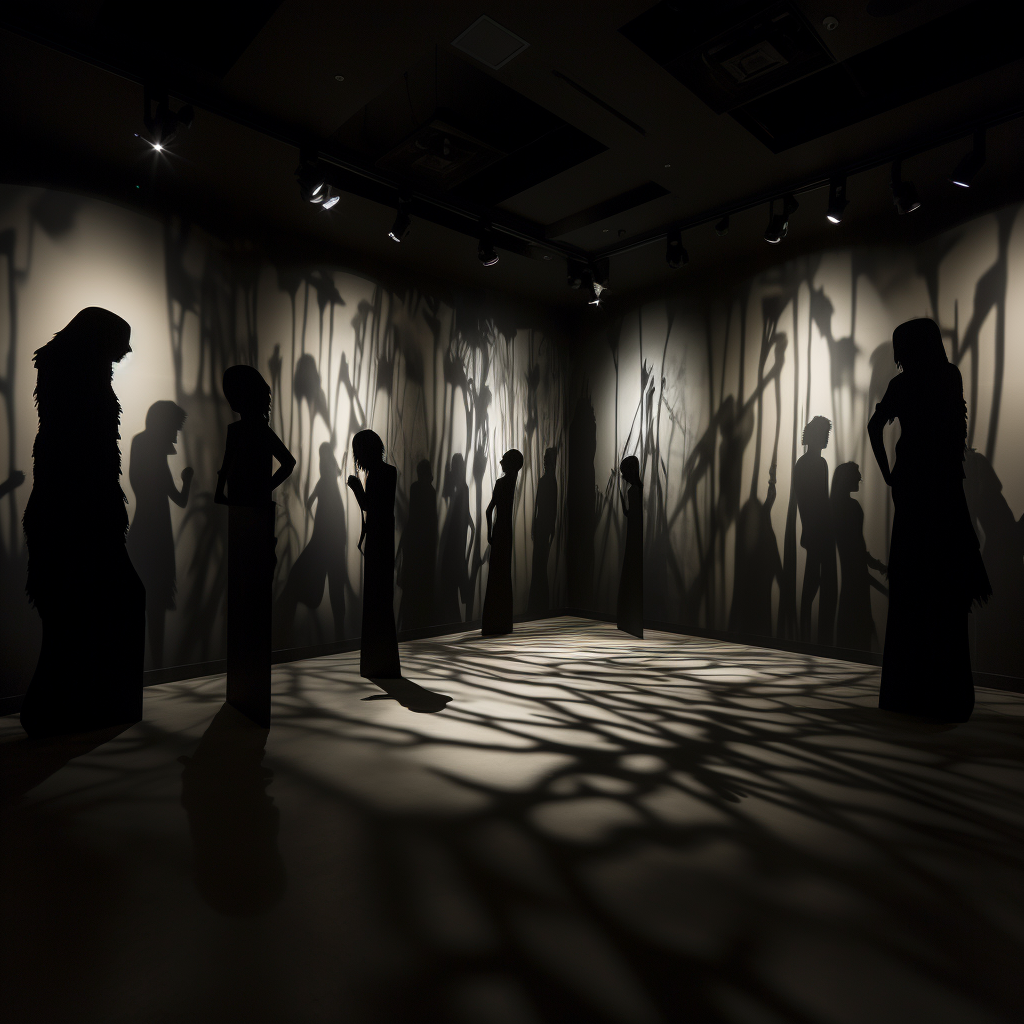Art should comfort the disturbed and disturb the comfortable.
Art, often seen as a reflection of society, isn't immune to the challenges and controversies that define its milieu. Turkish contemporary art, born from the heart of a complex, evolving nation with a myriad of voices and views, has faced its share of hurdles and heated debates. This chapter casts a lens on the tumultuous waters Turkish artists often navigate, and the larger societal implications of their endeavors.
Censorship, Freedom, and Artistic Expression
In a nation that oscillates between progressive aspirations and conservative values, the boundaries of artistic freedom are frequently tested.
- State Censorship: Several artworks that touched upon sensitive topics, be it political, religious, or societal, have faced governmental scrutiny, with artists often facing repercussions.
- Self-Censorship: Aware of the potential consequences, many artists have confessed to practicing self-censorship, restricting their own expressions in anticipation of backlash.
- Public Outcry: Beyond official censorship, artworks, especially those challenging religious or cultural norms, have sometimes ignited public outrage, underscoring the tension between progressive art and conservative segments of society.
The Role of Art in Social Change and Activism
Art has long been a tool for activism, and Turkish artists have been at the forefront of several social movements.
- Gezi Park Protests: The 2013 protests saw a significant participation from the art community. The subsequent artworks—graffiti, installations, and paintings—captured the spirit of resistance and unity.
- Feminist Art: As gender rights become a focal point globally, Turkish female artists have used their platforms to highlight issues like domestic violence, gender inequality, and societal expectations.
- LGBTQ Representation: Artists representing the LGBTQ community, while gaining traction, have faced societal pushback. Yet, their art serves as a beacon for acceptance and understanding.
Balancing Commercial Success and Artistic Integrity
As Turkish contemporary art gains international acclaim, artists grapple with the duality of commercial success and maintaining authenticity.
- The Market Influence: The preferences of galleries, collectors, and international markets sometimes steer the direction of artistic output, raising concerns about authenticity.
- Globalization vs. Localization: While the global art scene offers opportunities, it also comes with the challenge of retaining local essence without becoming generic.
- Artistic Compromises: Several artists have voiced concerns about the pressure to produce "sellable" art over genuine self-expression.
Navigating challenges and controversies is an integral part of the artistic journey in Turkey, as it is globally. These struggles, while highlighting societal fault lines, also underscore the power and resilience of art. As Turkish artists continue to push boundaries, their art becomes not just a canvas of colors, but a chronicle of courage, resistance, and hope.

